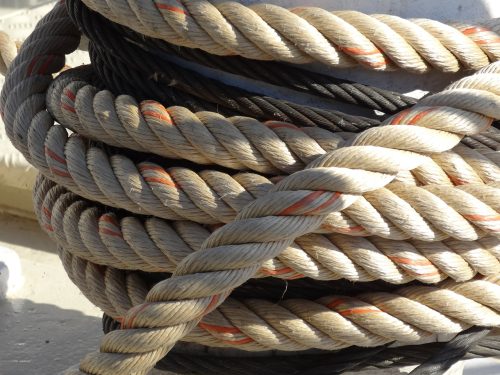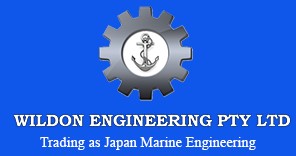Mooring Rope Supply from Japan Marine: Selecting the Best One for Your Vessel
Blog | February 5th, 2024
Ensure the safety of your marine vessel with the right mooring rope supply from Japan Marine. Explore the ultimate guide to mooring ropes. Call +61 3 9555 5277.
Sailing the seas demands a combination of skilful navigation and a keen understanding of the equipment that can guarantee the safety and stability of a vessel. One key component of your vessel that must be considered heavily is the mooring rope. It intends to provide a crucial link between a vessel and the dock, making sure the former and those on board will be safe.
The Main Role of Mooring Ropes
Mooring ropes are considered to be the lifeline of any vessel, especially when it comes to docking. They can secure the vessel to a berth, deterring it from drifting away due to currents, tides, or winds. When picking these ropes, you must ensure they are durable enough to withstand the previously stated elements. They must also facilitate smooth and secure docking operations. A balance of holding power, weight, longevity, and cost must be achieved when choosing mooring ropes.
How to Pick Your Mooring Ropes
If you are currently looking for mooring ropes for your marine vessel, you must consider a wide array of factors. Some of them are as follows.
• Material: Mooring ropes can be made from different materials. Nylon mooring ropes, for one, are known for elasticity and shock absorption. Those made from polyester, alternatively, have excellent resistance to UV rays and abrasion. Other materials that can be utilised for mooring ropes are polypropylene and polyethylene. Knowing their accompanying advantages and disadvantages can help you pick one that suits your application.
• Strength and Durability: Somehow related to the first factor, you must consider the strength and durability of your mooring rope. You must check the breaking strength and working load limit of the rope to ensure it can withstand the forces it will be subjected to. If your vessel is frequently moored or experiences harsh weather conditions, you must opt for one that can sustain these loads.
• Water Resistance: Mooring ropes are constantly exposed to water. Hence, you must find one that can resist the effects of water. Water-resistant ropes are less likely to weaken or deteriorate over a long time of use, ensuring a longer service life and reliable performance.
• Dimensions: The size of your mooring rope is determined by its diameter, which depends on the size and weight of the vessel. The diameter of your mooring rope must be sufficient to handle the load and forces exerted during docking. The length of the same rope must then be flexible enough to apply appropriate knots and accommodate changes in tide and water levels.
• Knotting Capability: Your mooring rope is said to be effective if it can hold knots securely. It must be easily and securely knotted to ensure your mooring process will be efficient and safe.
Mooring Ropes from Japan Marine
If you want the best mooring rope for your marine vessel, you must pick one from us at Japan Marine. We can help you find a mooring rope that can keep your vessel in place during the docking phase. We can also assure you one that is durable, flexible, and long-lasting.
Optimized by NetwizardSEO.com.au
Recent Posts
- Yanmar Marine Compressors: Applications in Engine Starts, Valves, and Safety Systems
- Water vs Oil in Stern Tube Bearings: The Cost & ESG Truth Shipowners Can’t Ignore
- Yanmar Turbochargers: How Correct Spec-Matching Supports Lower SFOC and Prevents Surge
- Yanmar Diesel Generators: Planned vs Predictive Maintenance Strategies for Remote Operations
- Mareflex SOLAS Marine Tapes: Safety Applications on Marine Vessels
- Yanmar Propulsion Systems: FPP vs CPP Propellers for 6EY and 6N Series Fuel Efficiency
- Mitsubishi K.K. Purifier Separator: The Key to Cleaner Fuel and Smoother Operations
- Kemel Air Seal Retrofits: Leak-Free Stern Tube Seals and Reduced Lube-Oil Risk
- Yanmar Auxiliary Generators: Sizing for Reefers, Hotel Loads, and Dynamic Positioning Systems
- Water Lubricated Stern Tube Bearing (EVR): Proven Technology for Smooth and Quiet Operations
